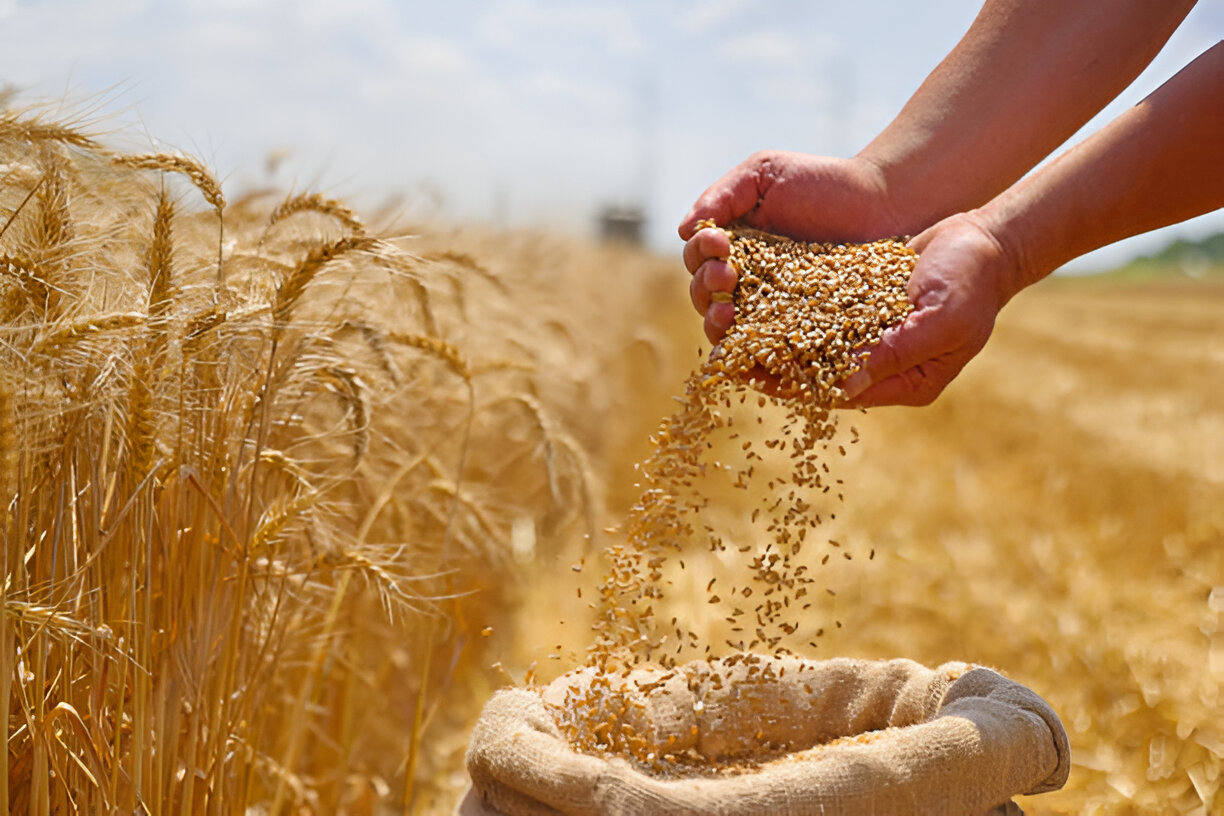Canada is one of the most sought-after destinations for foreign workers due to its strong economy, labor-friendly policies, and the wide range of employment opportunities across various industries. Among the many job categories, production worker jobs are consistently in demand, particularly in manufacturing, food processing, automotive, and construction industries. These roles are critical to maintaining the country’s supply chains and economic stability. For foreign nationals looking to migrate and work in Canada, production worker positions offer an accessible route, with some employers even offering visa sponsorship and relocation packages.
Understanding the Production Worker Jobs in Canada
Production workers play a key role in the manufacturing and industrial sectors. Their primary responsibilities include operating machinery, assembling products, packaging goods, and ensuring quality control in various production processes. Due to Canada’s growing demand for consumer and industrial goods, production workers are consistently needed across multiple sectors. These jobs offer competitive pay, benefits, and the opportunity for growth. Some of the main industries hiring production workers in Canada include:
- Manufacturing: Factories producing electronics, machinery, consumer goods, and automotive parts are constantly in need of workers to manage production lines.
- Food Processing: Canada’s agriculture and food industries require workers for packaging, processing, and quality control roles.
- Construction: The construction industry hires production workers for roles like concrete batching, steel cutting, and other building material manufacturing.
- Textile and Clothing: Factories that produce textiles, apparel, and other related goods hire production workers for various tasks such as sewing, cutting, and assembling.
- Automotive: Canada’s booming automotive industry offers production line positions in the assembly and manufacturing of vehicles and parts.
All you Need for Production Worker Jobs in Canada
Education and Experience
- No Formal Education Required: Most production worker jobs do not require formal education beyond high school. However, having a high school diploma or equivalent is often preferred.
- On-the-Job Training: Many employers provide on-the-job training, making these roles accessible even to those without prior experience.
- Experience in a Similar Role: Although it is not mandatory, having experience in a production, manufacturing, or warehouse role is an asset. Employers often prefer candidates with experience in operating machinery, working in fast-paced environments, or maintaining safety standards in production settings.
Language Skills
- Basic English or French Proficiency: Since communication on the job is critical, foreign workers must demonstrate basic proficiency in English or French, depending on the location of the job. Many companies require candidates to understand safety instructions and follow job-related protocols in one of Canada’s official languages.
- Language Tests: If applying for a work visa, foreign workers may need to provide proof of language proficiency through recognized tests such as IELTS (International English Language Testing System) for English or TEF (Test d’évaluation de français) for French.
Physical Fitness
Production work often involves physical tasks such as lifting, moving equipment, standing for long periods, and operating machinery. Therefore, candidates need to be physically fit to handle the demands of the job. Some companies may require medical assessments to ensure that candidates are in good health and can meet the physical requirements.
Other Qualifications
- Attention to Detail: Many production jobs involve maintaining product quality and following specific instructions, which requires attention to detail.
- Safety Awareness: Workers are often required to follow strict safety regulations and wear protective gear, so understanding workplace safety protocols is essential.
- Basic Technical Skills: Familiarity with production equipment or machines is an advantage, though training is often provided.
Salary and Benefits for Production Workers in Canada
Production worker jobs in Canada offer competitive wages, with the potential for overtime and additional benefits. Wages can vary depending on the industry, location, and the worker’s experience.
- Average Salary: The average salary for a production worker in Canada ranges from CAD 30,000 to CAD 45,000 per year. However, experienced workers or those in specialized industries can earn up to CAD 55,000 or more.
- Overtime Pay: Many production worker roles include opportunities for overtime, where workers can earn 1.5 times their regular pay.
- Additional Benefits: In addition to competitive wages, production workers often receive other benefits such as:
- Health and dental insurance
- Retirement savings plans
- Paid vacation and sick leave
- Bonuses for meeting production targets
- Training and development opportunities
Challenges and Considerations
While the benefits of working as a production worker in Canada are significant, there are a few challenges that foreign workers should consider:
- Physical Demands: Production work can be physically demanding, with long hours and repetitive tasks.
- Language Barrier: Foreign workers may face challenges if they are not proficient in English or French.
- Temporary Nature of Work: Some production jobs may be temporary or seasonal, so foreign workers should carefully review the terms of their employment contracts.
In summary: Securing a production worker job in Canada with visa sponsorship is an excellent opportunity for foreign workers to establish themselves in a stable, well-paying career. The growing demand for production workers across multiple industries, combined with Canada’s immigrant-friendly policies, creates a favorable environment for foreign nationals looking to work and live in Canada. By understanding the eligibility criteria, visa options, and job search strategies, foreign workers can increase their chances of being hired for production worker roles with visa sponsorship. Whether through the Temporary Foreign Worker Program, Provincial Nominee Program, or Atlantic Immigration Program, production workers have several pathways to secure employment and eventually permanent residency in Canada.
